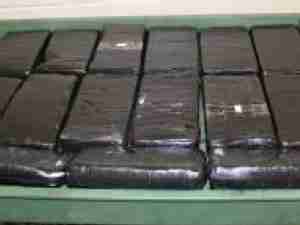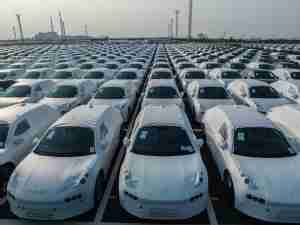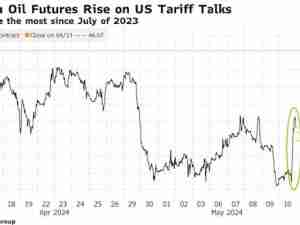Pro-steel US lawmaker urges reversal of trade decisions
By: Reuters | Mar 25 2014 at 07:11 PM | International Trade
The U.S. Commerce Department should reverse three preliminary decisions against steelmakers with operations in the United States, the chairman of the Congressional Steel Caucus said.
If the department does not reconsider when it hands down final decisions later this year, Representative Tim Murphy said Congress should consider introducing legislation. The companies with U.S. operations had been seeking duties on certain steel imports.
“The Commerce Department must take a stand now against these violations of international trade law,” the Pennsylvania Republican said in remarks prepared for a hearing of the caucus, a bipartisan group of about 100 members of Congress who mostly represent districts with steel manufacturers.
Murphy said Commerce should impose duties on imports of steel tube for the oil and gas industry from South Korea and Turkey, and on rebar from Turkey.
In February, Commerce found imports of Turkish rebar, which is steel used to reinforce concrete, had not been made using subsidies that unfairly benefited foreign companies. A separate ruling is due in April on whether the rebar was sold below market prices.
The case was filed by Nucor Corp, Gerdau Ameristeel US, Commercial Metals Company, Cascade Steel Rolling Mills and Byer Steel Group.
In another preliminary decision announced in February, Commerce opted not to impose duties on so-called oil country tubular goods from South Korea used to drill for oil and gas. Shares of companies that produce the tubes in the United States tumbled.
The investigation came after a petition from producers including Europe’s Tenaris and Vallourec, North America’s Northwest Pipe Co and U.S. Steel Corp , and Russia’s TMK. All have operations in the United States.
The Commerce Department did say imports from India, the Philippines, Saudi Arabia, Taiwan, Thailand, Turkey, Ukraine and Vietnam were being sold at unfairly low prices.
In a separate decision in December, the department declined to impose a duty on producers of oil country tubular goods in Turkey, finding that they enjoyed no significant subsidy. (Reuters)









